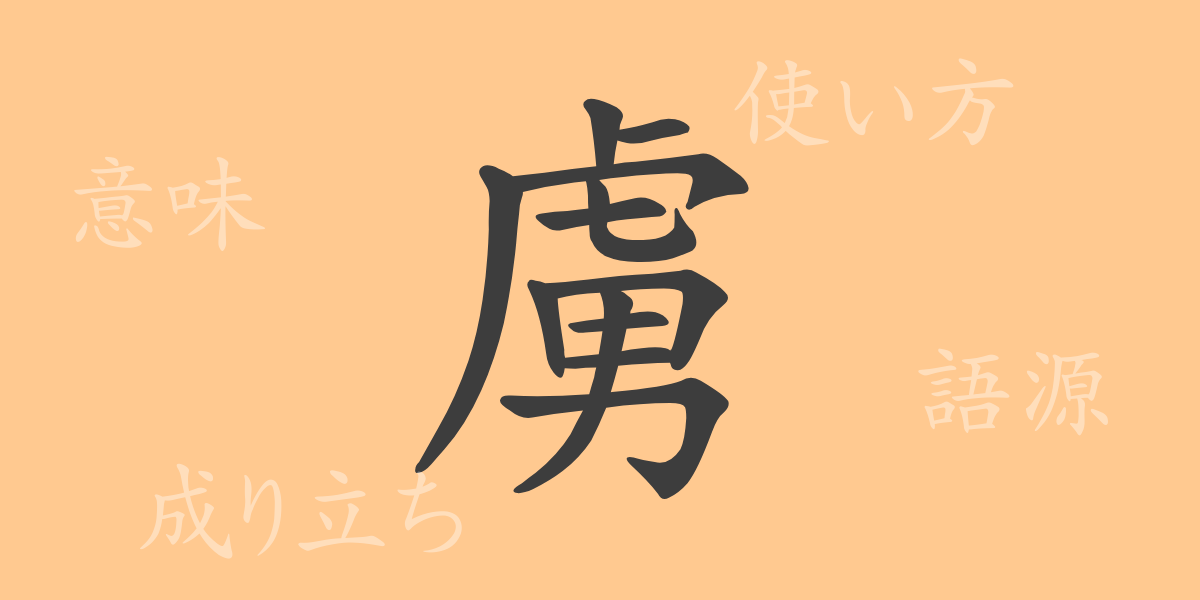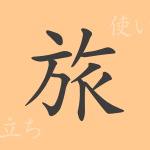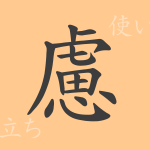The Japanese language boasts a rich vocabulary perfect for expressing emotions and situations. Among these, the kanji “虜” (toriko) is an intriguing character used to convey specific emotions and states. In this article, we delve into the origin, meaning, usage, and related idioms and expressions of “虜” (toriko), uncovering its charm.
Origin of 虜 (toriko)
The kanji “虜” (toriko) is an ancient character used in China, deeply rooted in the history of ancient China. Originally, it was used to mean “prisoner of war,” referring to people captured during battles. Over time, its meaning expanded, and it began to be used metaphorically as well.
Meaning and Usage of 虜 (toriko)
In modern Japanese, the kanji “虜” (toriko) can mean a literal prisoner of war or, metaphorically, a state of being captivated or enthralled by something. The latter usage is particularly common in everyday conversation, literature, and lyrics, where it is cherished as an expression that conveys emotional bonds and strong attractions.
Reading, Stroke Count, and Radical of 虜 (toriko)
The kanji “虜” (toriko) is recognized as a common-use kanji in Japan. Let’s take a closer look at its reading and structure:
- Reading: In On’yomi (音読み), it is read as “リョ” (ryō), and in Kun’yomi (訓読み), it is read as “とりこ” (toriko).
- Stroke Count: “虜” (toriko) has 13 strokes.
- Radical: The radical is “虍” (tora), which means “tiger.”
Idioms, Expressions, and Proverbs Using 虜 (toriko)
Idioms and expressions containing “虜” (toriko) often utilize its strong imagery. Here are a few examples:
- 「美女に虜になる」 (bijin ni toriko ni naru): To be captivated by a beautiful woman.
- 「虜囚の辱」 (ryoshū no haji): The disgrace of being captured as a prisoner.
- 「心を虜にする」 (kokoro o toriko ni suru): To be so absorbed in something or someone that you can’t think of anything else.
Conclusion on 虜 (toriko)
The kanji “虜” (toriko) enriches Japanese expression with its profound meaning and usage. Beyond its aesthetic appeal as a character, it has the power to convey emotions of being captivated, stemming from the image of captured people. When you encounter “虜” (toriko) in daily life or literature, remember its deep history and significance.

























